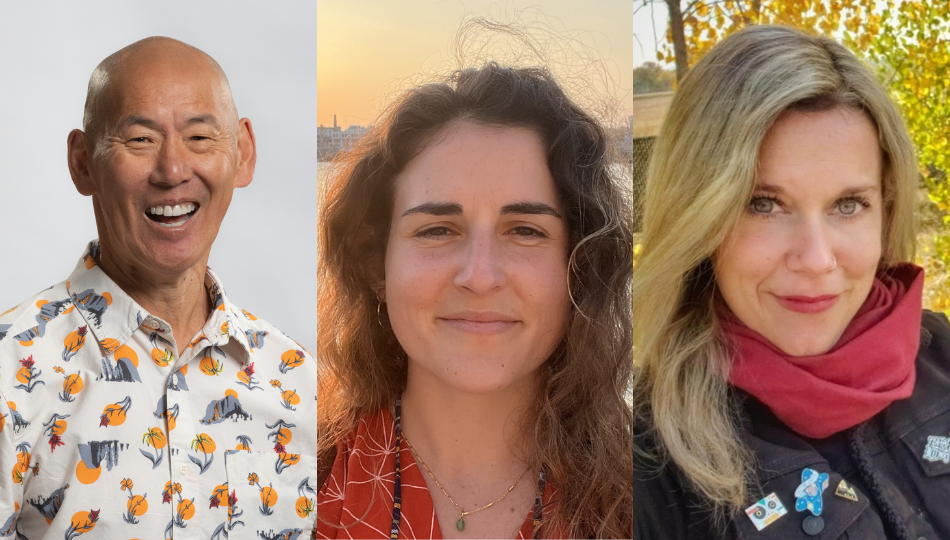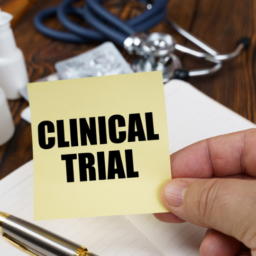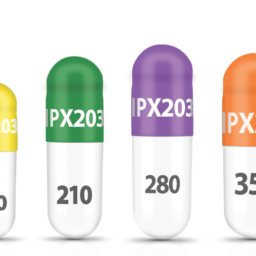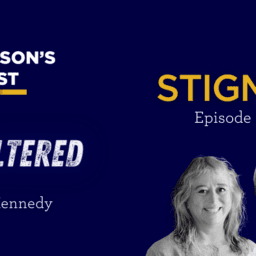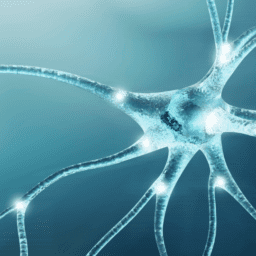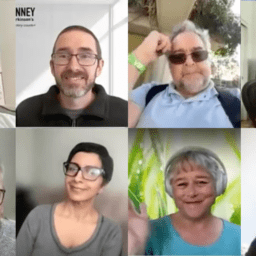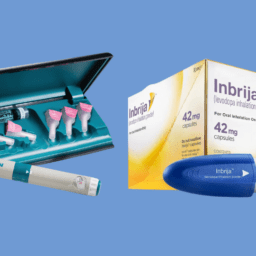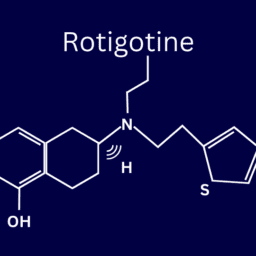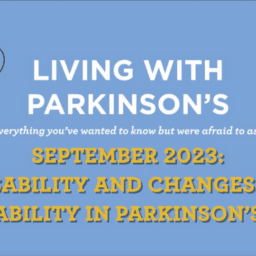The award-winning short (~14 minutes) documentary Shaking Hands with the Devil was released in 2023. The film shines light on how a lack of Parkinson’s awareness and limited access to neurological care leads to stigmatization of people living with Parkinson’s in Kenya.
The film describes how Kenyans living with Parkinson’s often have poorly treated symptoms due to limited availability of medications and misdiagnoses. People interviewed in the film describe how people with Parkinson’s can be thought to be possessed by evil spirits or practicing witchcraft because of their poorly understood and poorly treated symptoms. The interviewees also describe that in some places, people with Parkinson’s have been taken from their homes and killed.
In the video below, one of the film’s producers, Natasha Fothergill-Misbah, PhD, discusses the film’s background and some of the underlying challenges faced by those living with Parkinson’s in Kenya and other parts of Africa.
An audio version of this video is available.
NOTES
The issues influencing limited access to Parkinson’s care and treatment are extremely complicated. In the conversation featured in the video above, Dr. Natasha Fothergill-Misbah discusses some of these issues: expenses and other administrative difficulties related to registering medications for use, distribution logistics–especially in rural areas–and medication cost.
REASONS FOR HOPE
Even in places with the greatest availability of neurological care, the highest levels of educational opportunities, and robust support organizations, there is no clear solution to the stigma experienced by people with Parkinson’s. The problems presented in Shaking Hands with the Devil can seem insurmountable, but there is hope.
For example, Fothergill-Misbah notes that there are working groups, researchers, and pharmaceutical companies addressing discrete parts of this issue. She also shares ways that the World Health Organization is working to streamline the drug registration process. Also, in 2022, Schiess et al. published a paper in Jama Neurology describing six steps to address global disparities in Parkinson’s.
HOW YOU CAN HELP
Dr. Fothergill-Misbah also offered two straightforward ways for interested people to help. The first is to donate to the film’s fundraising effort or to another organization focused on this problem, like Parkinson’s Africa. Not everyone has capacity to financially help, so the second way you can help is free: Watch and share Shaking Hands with the Devil as broadly as possible.
Sharing the film helps spread awareness. Part of what fuels the stigma so many people with Parkinson’s around the world face is lack of understanding, and increasing awareness is a powerful first step toward addressing this problem. You never know what resources, ideas, or connections someone who sees the video may have. The issues presented in Shaking Hands with the Devil are far too large for any one person or single group to solve, but the more people who know the scope of the challenges faced by people with Parkinson’s, the larger the group of people working to solve these challenges will become.
If you have questions, suggestions, or ideas we should hear about this topic, please message us at [email protected].
ADDITIONAL RESOURCES
The Lived Experience of Stigma and Parkinson’s in Kenya
BBC Interview about Shaking Hands with the Devil
Transforming Parkinson’s Care in Africa
WHO’s ATLAS Country Resources for Neurological Disorders
Availability of Therapies and Services for Parkinson’s in Africa
New Research Finds Gaps in Parkinson’s Care Access: Davis Phinney Foundation Blog Post
 WANT MORE PRACTICAL ARTICLES LIKE THIS?
WANT MORE PRACTICAL ARTICLES LIKE THIS?
You can learn much more about living well with Parkinson’s today through our Every Victory Counts® suite of resources. Each manual is packed with up-to-date information about everything Parkinson’s. Click the link below to reserve your manual(s).
Thank you to our 2024 Gold Partner, AbbVie, and our Silver Partner, Mitsubishi Tanabe Pharma America, for their ongoing support of these must-have manuals. Additionally, we’d like to thank Barbara and Dale Ankenman, Abby and Ken Dawkins, Bonnie Gibbons, Irwin Narter, Lorraine and J Wilson, and Gail Gitin in loving memory of Gene Gitin for their generous donations that allow us to make these resources available and accessible to all.


